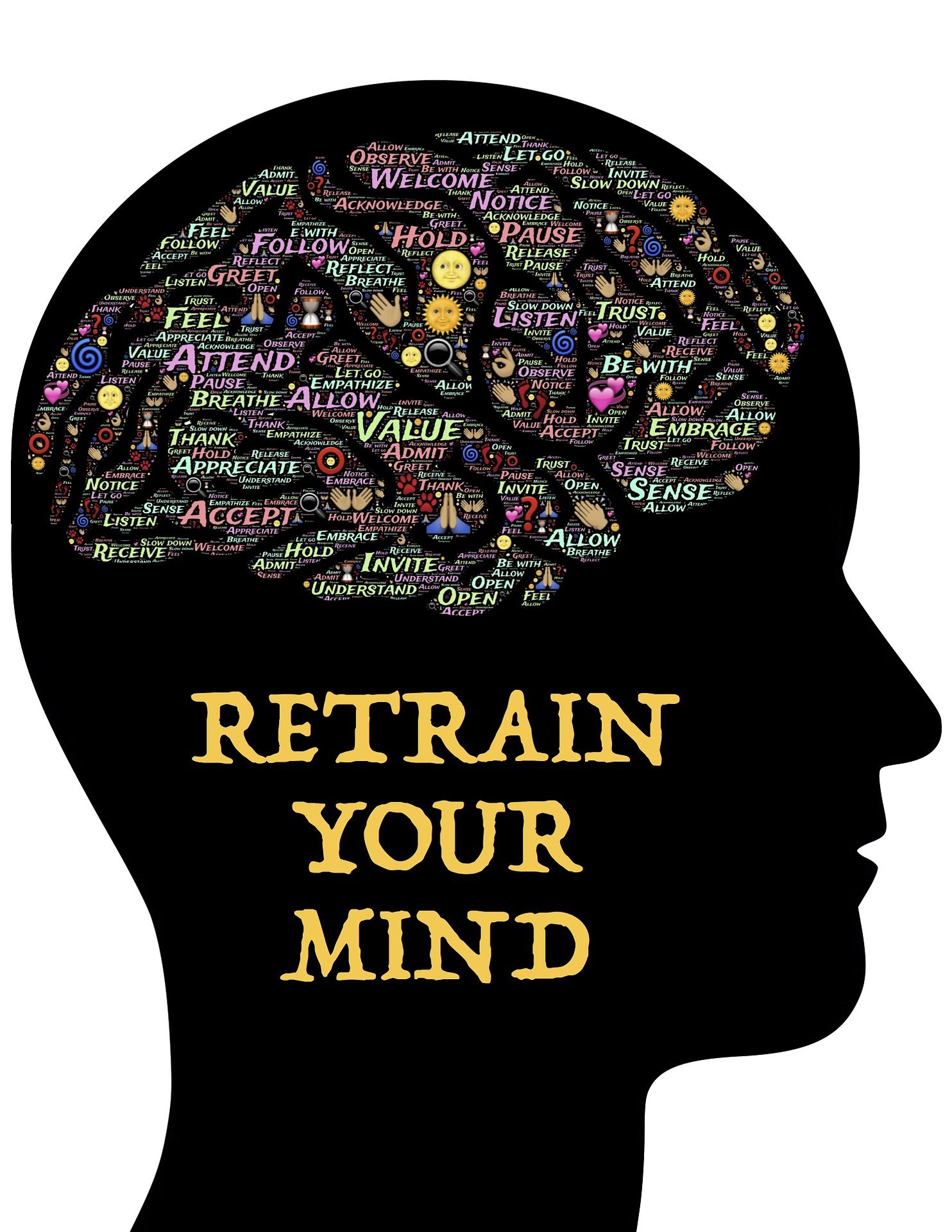Yoga? Flex the mind; not only body!!
“Doc… Every day I am practicing Yoga for half an hour as you advised. I have made quite a lot of progress in the Asana. In the beginning, it was difficult to bend forward. But now, I touch my forehead to knees in Padahastasana. However in B.P, Sugar levels there is not much difference to say!!
“Doc… Every day I am practicing Yoga for half an hour as you advised. I have made quite a lot of progress in the Asana. In the beginning, it was difficult to bend forward. But now, I touch my forehead to knees in Padahastasana. However in B.P, Sugar levels there is not much difference to say!! It is said that all the sickness can be healed by Yoga practice. But I am suspicious regarding this, will it happen… I feel there is no use of doing Yoga… Even the stress has not reduced...” the word- bullets fired at me. I am sure if I didn't interrupt, another round of firing would have started. So, I just started speaking. “Sir… one cannot possess control of the mind just by doing Yogasanas. Then how else do you get the benefit? It is not enough to have a full range of flexibility by just bending the body when the mind is still oscillating/distracted. When one frees the mind from distraction then he experiences the essence of real Yoga. The obstacles that cause the distractions of the mind in the path of Yoga are called Antarayas or Chittaviksepah.
Chittaviksepah:
व्याधिस्त्यानसंशयप्रमादालस्याविरतिभ्रान्तिदर्शनालब्धभूमिकत्वानवस्थितत्वानि चित्तविक्षेपास्तेऽन्तरायाः॥३०॥
Vyadi styana samsaya pramada alasya avirati bhrantidarshanaalabhabhumikatva
anavastitatvani cittavikepahteantarayah||
(Patanjali Yoga Sutra, Samadhi Pada, Sutra 30)
[Vyadi = disease; Styana= mental laziness; Samsaya= doubt; Pramada=carelessness;Alasya= physical laziness; Avirati=incontinence; Bhranti Darshana = living under an illusion; Alabdhabhumikatva= unable to attain the state ; Anavastitatva= unable to hold the attained state; Cittaviksepah=causing distraction in consciousness; te= these; Antarayah= obstacles]
Vyadi - the disease is the result of feverishness caused by the disturbance in vata-pitta-kapha of the body's trials, modifications of foods and drinks etc. When the disease is in the body and how mind can fix to Yoga practice?
Styana - indisposition of mind to work/ mental laziness. The sadness about how to get up early in the morning to practice Yogasanas?
Samsaya - the adjoining householder is healthier by practicing Pranayama it seems, even their B.P has reduced!! I don't believe in it. However, I will practice and let’s see it might help me or not!! This kind of notion touching both sides of question is Samsaya.
Pramada - carelessness/ negligence. Knowing that Yoga practice is good for health and not being involved in practice.
Alasya - physical laziness. The inertia of mind and body consequent upon heaviness.
Avirati - incontinence. When the alarm rings up in the morning, turning it off immediately and sticking back to bed again.
Bhrantidarshana- mistaken notion i.e discussions are overly understood. By reading Yoga books, watching TV and believing that all kinds of physical problems can be eliminated from Yoga practices.
Alabhabhumikatva - inability to hold on to what is achieved. “Ooophs.. the waist will pain so let me bend this much, it's enough!! It is not possible to practice regularly, let me see if time permits...” this kind of attitudes.
Anavastitatva - inability to maintain the same state for a long time/ achieved progress. The feeling of letting goes when the forehead touches the knee because of stiffness felt. It's ok if I didn't practice today as I will practice every day, let me sleep today.
Sahabhuvaha:
दुःखदौर्मनस्याङ्गमेजयत्वश्वासप्रश्वासा विक्षेपसहभुवः॥३१॥
Duhkadaurmanasya angamejayatva svasaprasvasah viksepa sahabhuvah|| (Patanjali Yoga Sutra, Samadhi Pada, Sutra 31)
[Dukha=Pain; Daurmanasya=dejection; Angamejayatva=unsteadiness of the body, SvasaPrasvasah=irregular breathing;Vikespa=causing distraction; sahabhuvah=accompanying]
Dukha: These are of 3 types
Adhyatmika - self-inflicted; the feeling of sadness when desire or wish is not fulfilled.
Adhibhautika- physical bodily injuries, pain, and accidents leading to an imbalance of elements in the body.
Adhidaivika - problems brought about by fate. Eg: impact of earthquakes or floods.
How one can focus the mind on yoga when there are all sorts of misery?
Daurmanasya - dejection is the condition of the mind consequent upon the fulfilment of some desire. It is impossible to practice Yoga when the mind is in the state of agitation.
Angamejayatva- unsteadiness of the body. Note… when you see someone shaking their legs while sitting without rest, it communicates that they are restless/stressed.
Svasaprasvasah- irregular breathing pattern.
As mentioned in Hatha Yoga Pradipika
“Chale vate chalam chittam nischale nischalam bhavet”
Respiration being disturbed, the mind becomes disturbed. By restraining respiration, the Yogi gets steadiness of mind. Thus Pranayama stands for gaining control over life force by calming down the mind!!
It is possible to experience the real essence of yoga when we have control over
Chittavikespahas. It is easy to take control over Chittavikespahas. They are called Chittaprasadanam. As the name suggest it causes the purification of chitta(mind).
Chittaprasadana:
मैत्रीकरुणामुदितोपेक्षाणां सुखदुःखपुण्यापुण्यविषयाणां भावनातश्चित्तप्रसादनम्॥३३॥
Mairti karuna mudita upeksanam sukha dukha punya apunya visayanam bhavanatah cittaprasadanam||
(Patanjali Yoga Sutra, Samadhi Pada, Sutra 33)
[Maitri= friendliness;Karuna= compassion; Mudita= joy; Upekshanaam= to be indifferent and apathetic; Sukha=happiness; Duhkha= sorrow; Punya=virtue; Apunya=vice; Visayanaam=regarding an object; Bhavanatah=conception; Cittaprasadanam=graceful diffusion of consciousness]
Maitri - the cultivation of friendliness, sharing pleasure and happiness by doing jogging or exercise with friends.
Karuna- helping those who are in trouble, taking the wounded person to a hospital. Gladness towards virtue person- when a friend gets a prize, feeling happy(Sukha Bhava) without being jealous like when maid’s daughter gets the first rank encouraging her in further studies without being envy that my daughter hasn't scored well. (To know how thinking affects our health read the article “Why am I being affected by disorders?”).

Upekshana Bhava:
Indifferent towards vice- proceeding with peace in the queue without quarreling with the person who gets added up in between or not getting pressurized/stressed when boss scolds you in the office. How one can expect the benefit just by doing asanas, pranayama, and meditation without purification and culturing the mind?Till then one cannot deal with mental stress. Finally, one experiences the effect of Yoga practice when mind is flexed, not only the body.
Author:
Dr Puneeth Raghavendra BNYS,MD Yoga Clinical
- Completed BNYS in the Year 2009 from SDMCNYS, UJIRE
- Worked as Medical Officer at Govt. Yoga and Naturopathy OPD, Community Hospital, Puttur for 3 Years
- Completed MD in Yoga by 2015 at SDMCNYS, UJIRE
- Currently working as Deputy Director, The School of Yoga and Naturopathic Medicine, S-VYASA Deemed to be University, Bengaluru
Professional Skills:
- State-level Yoga Resource person in AYUSH Karnataka in the Year 2011-12
- Have conducted several Naturopathy programs in AIR Madikeri, Dharwad
Publications:
- “Influence of Kapalabhati (High Frequency Yoga Breathing) and deep breathing on Pulmonary Function in Patients with Bronchial Asthma” -A Randomized Controlled Trial” published in Journal -Annals of Allergy, Asthma & Immunology (Official Journal of the American College of Allergy, Asthma & Immunology),Volume 117, Issue 5, Pages 550–551
Oral Presentation :
1. Patanjali Yoga Sutra in perspective with Psychoneuroimmunology at International Yoga Fest, Pondicherry, January 2019.
2. The concept of Holistic wellness in Yoga Scriptures at ICHW, Bhopal, March 2019.
Subject of Interest:
- Yoga Philosophy, Yoga Scriptures with modern concepts
Contact Dr Puneeth Raghavendra
